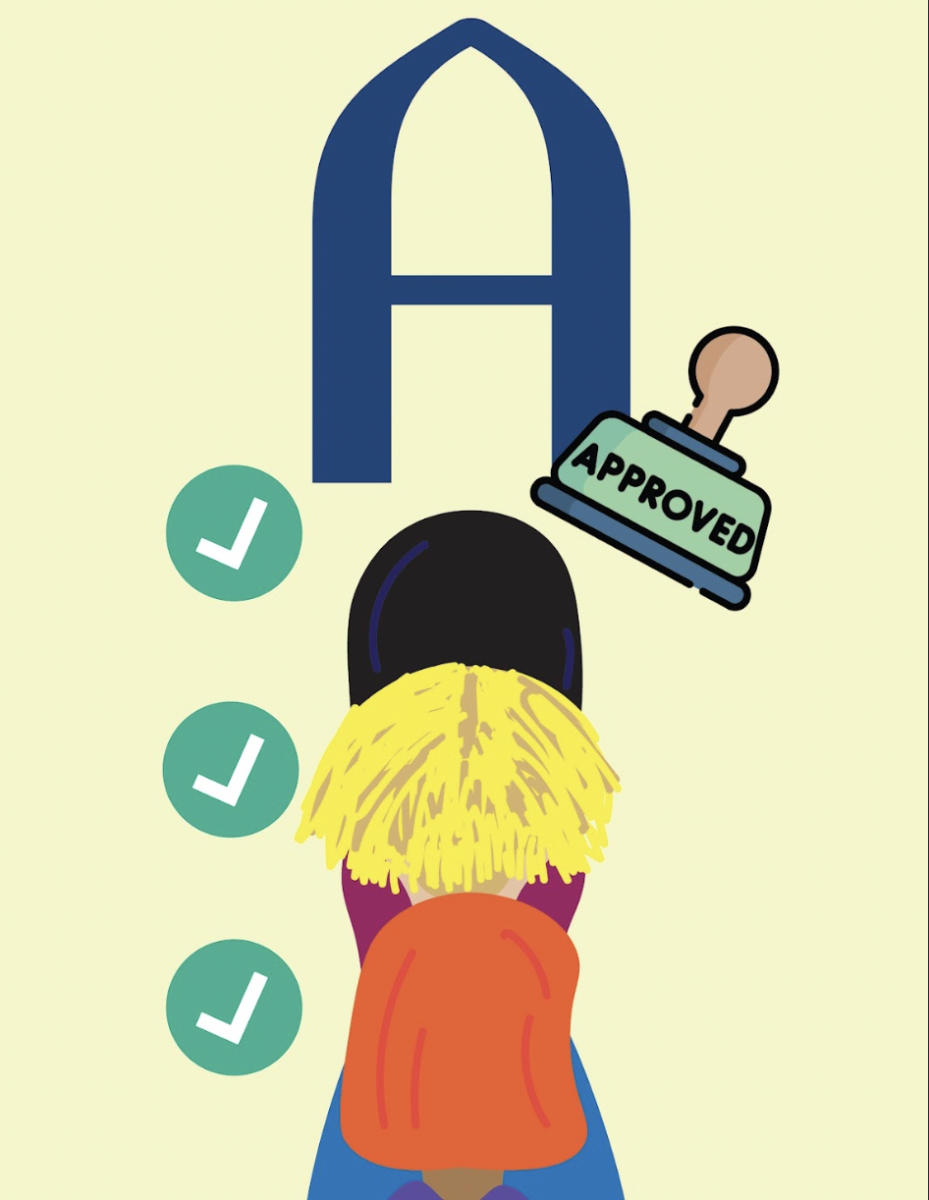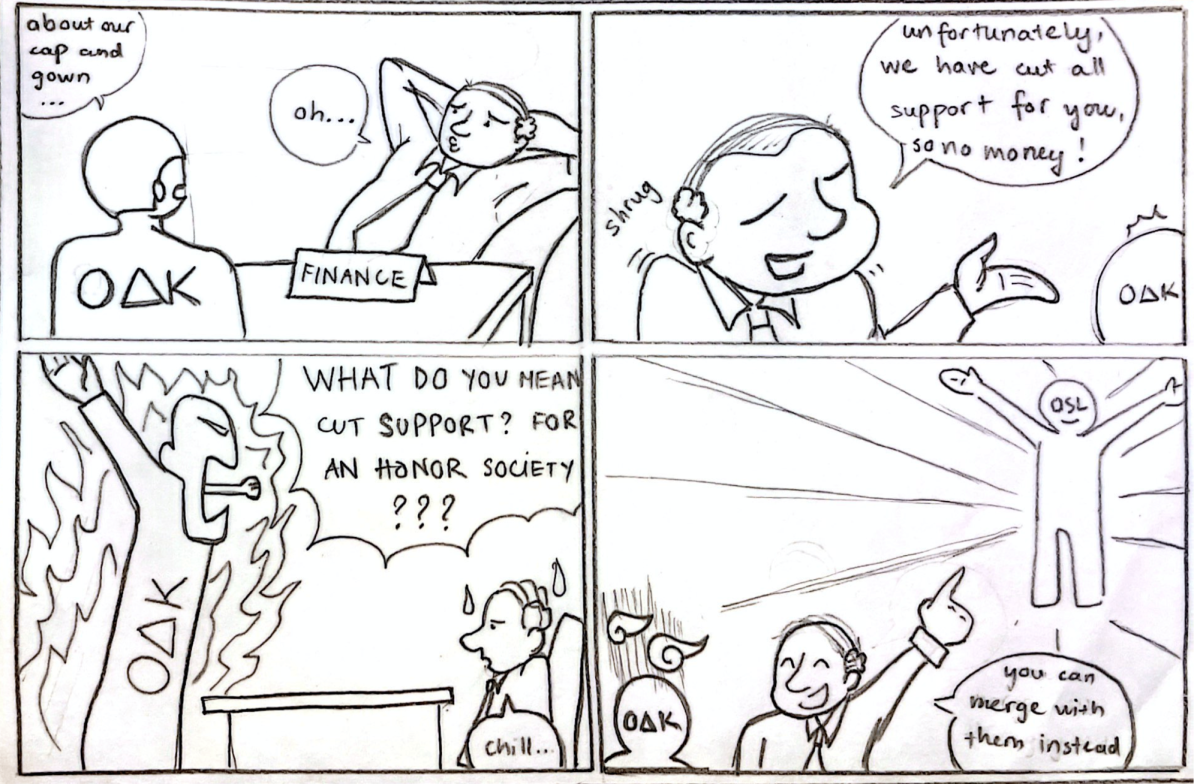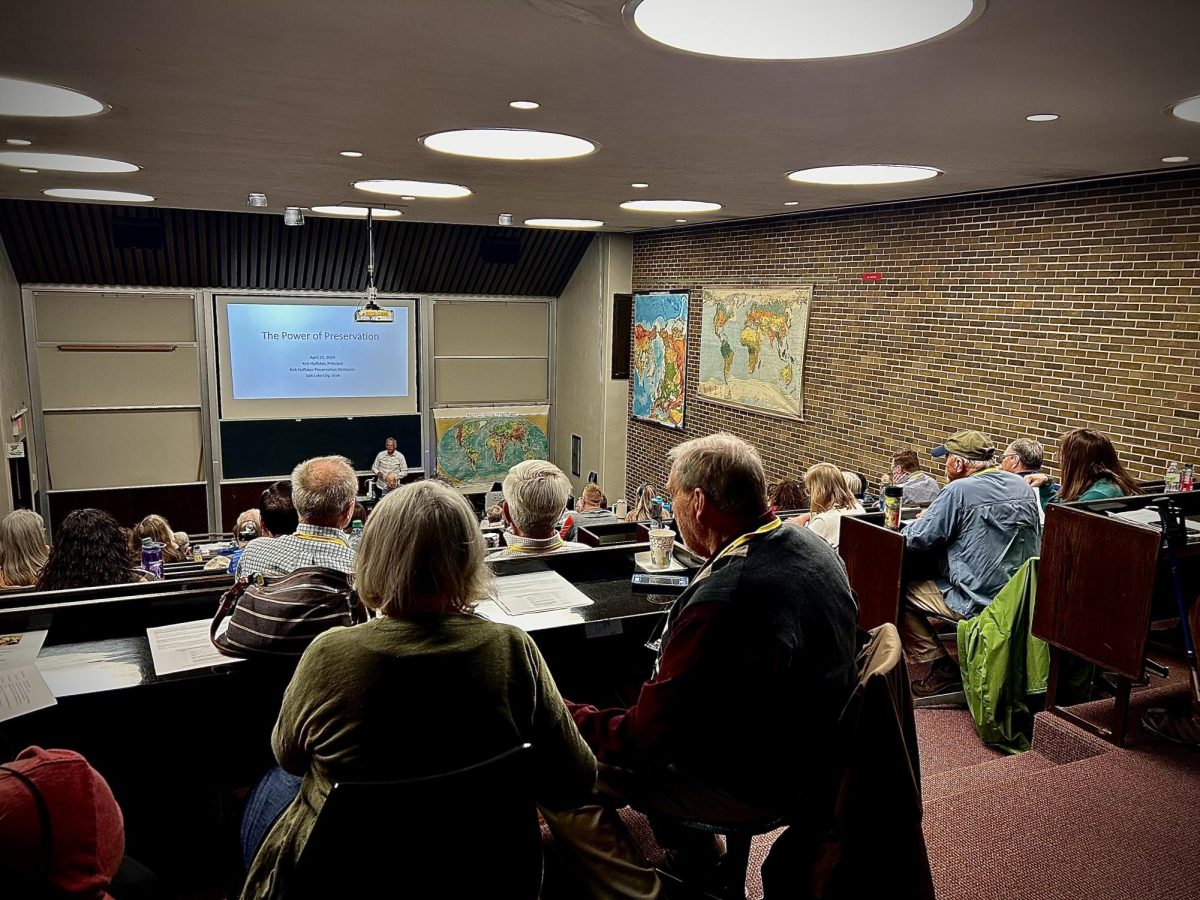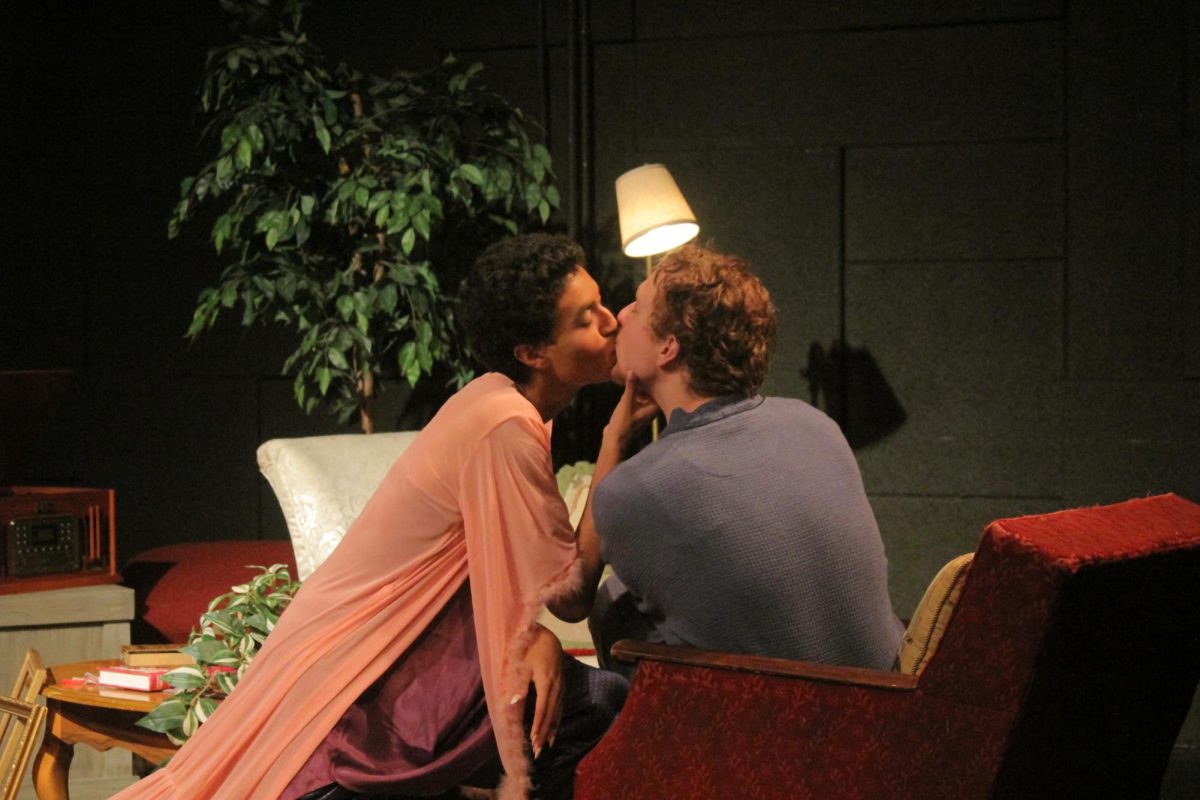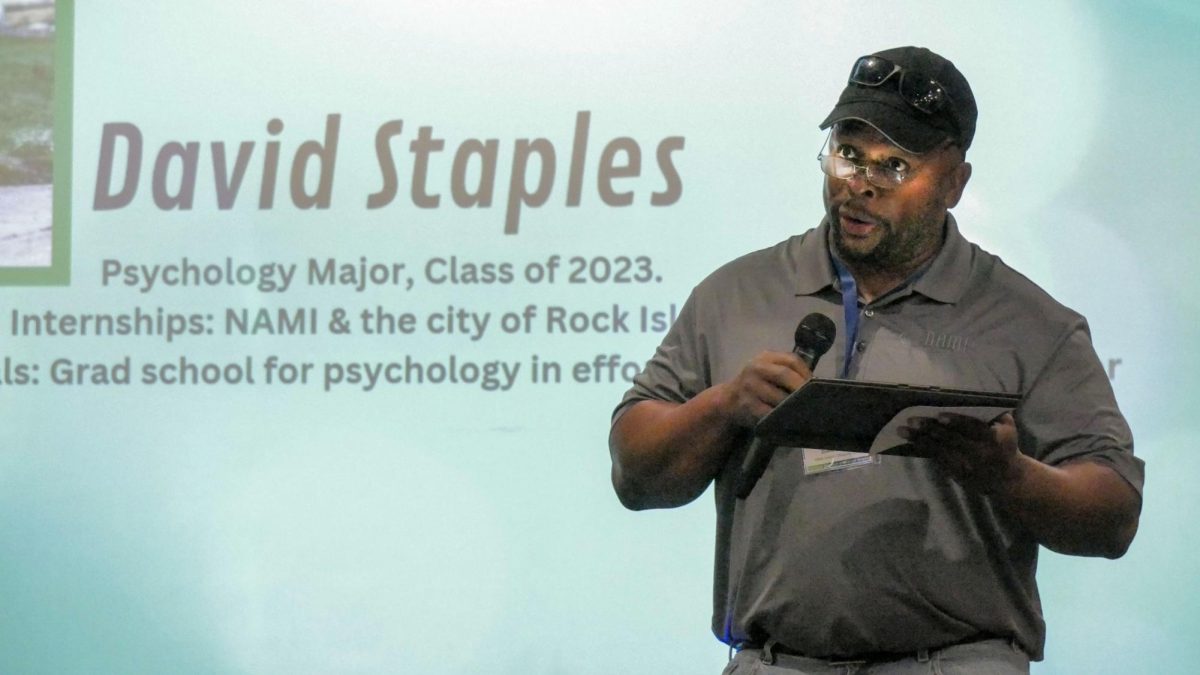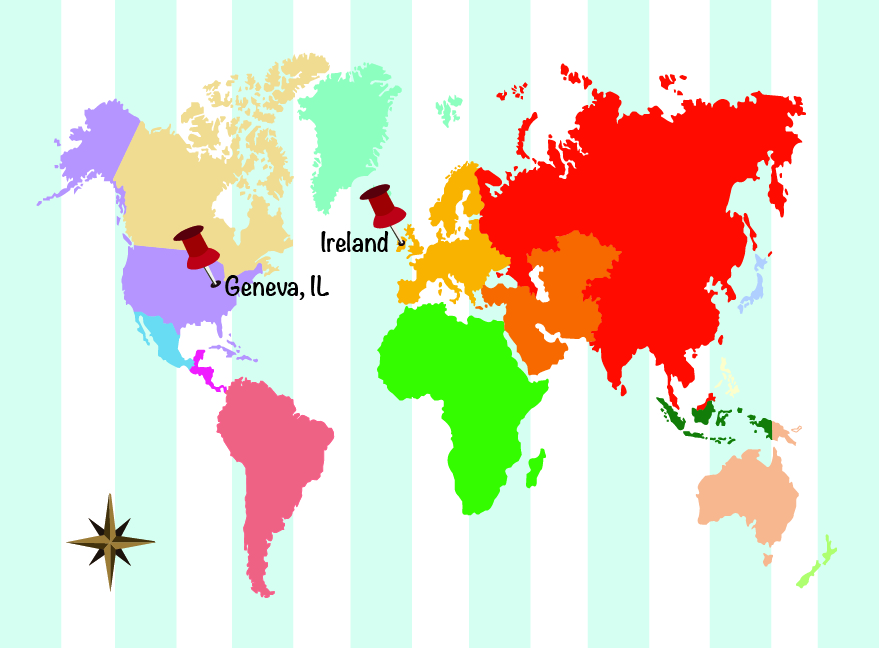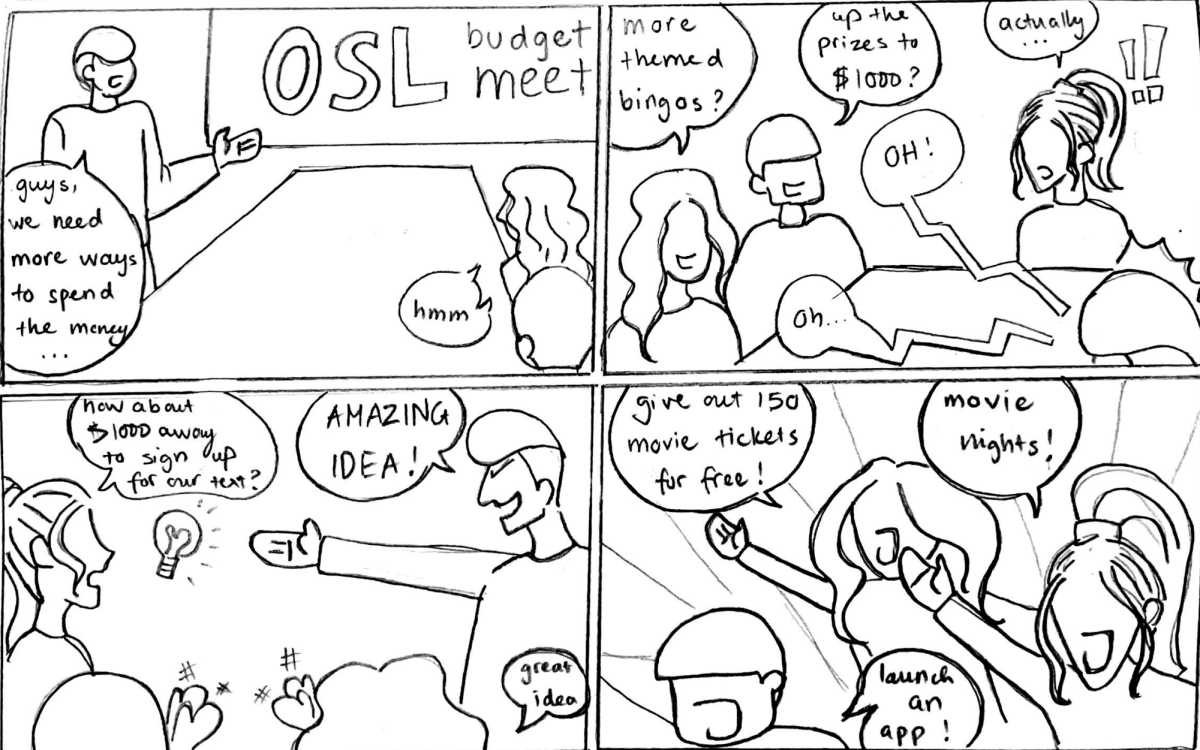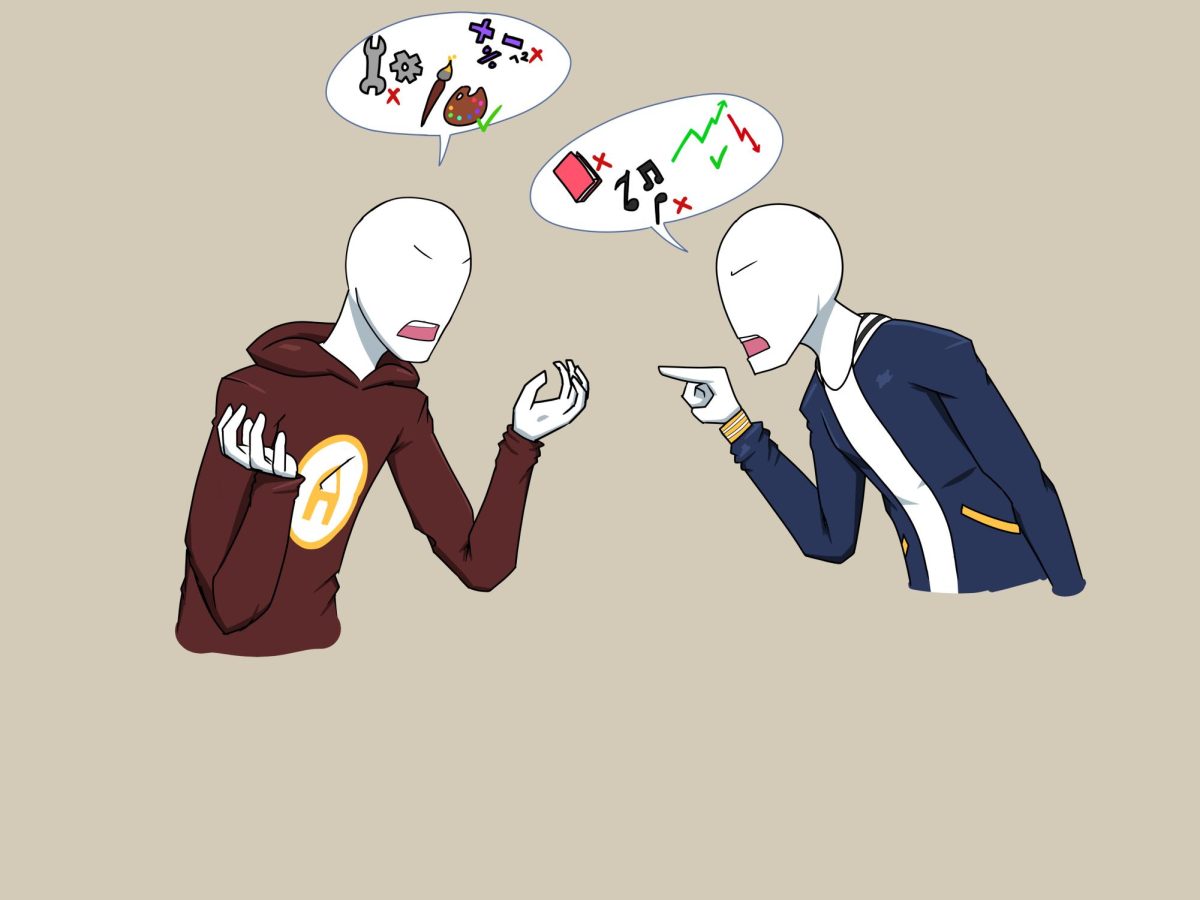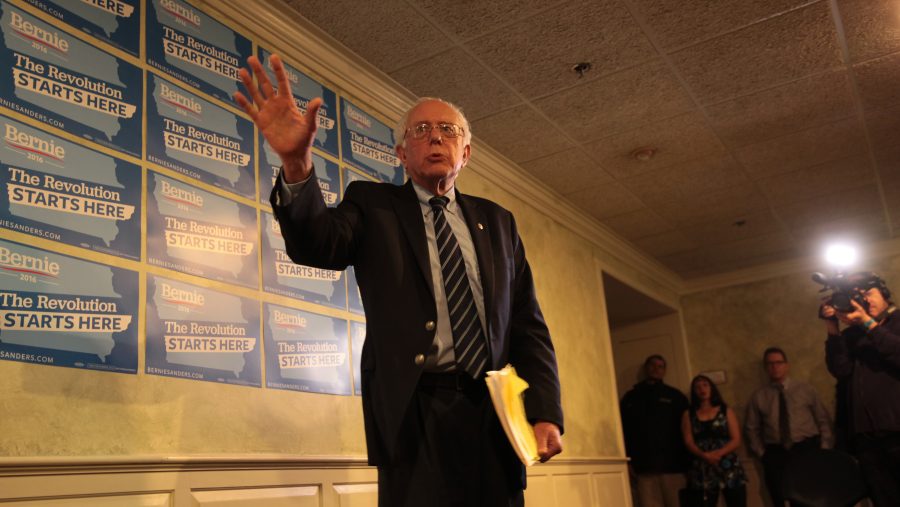During the 2016 President Election Cycle, presidential debates have reached a new height of popularity. The GOP debates have repeatedly taken first place in TV ratings, competing hand in hand with The Walking Dead in recent weeks. Democratic Debates have been in the top five of ratings. It is clear that people are watching them, now more than any prior election season. However, questions have been raised as to whether people are watching them for entertainment value or to actually gain information.
On average, the Republican Primary Debates have drawn an average amount of 16 million viewers. The highest rated debate was the first shown on Fox News, which drew 24 million viewers. In comparison, the 2012 Republican Primary Debates drew about 5 million viewers on average, with the highest rated debate receiving 7.5 million viewers. According to Adweek, 157 million people have watched the Republican Debates this year, more than double compared to 2012. So what is accountable for this ratings bump?
A big reason is Donald Trump. Many people are tuning in to try and hear the Republican Front Runner’s newest soundbite. This is also supported by TV ratings. The Fox News debate that Donald Trump skipped was down to 12.8 million viewers, the least viewed of the debates. The Trump ratings bump was noticeable when he returned during the next debate and ratings were back up to 17 million viewers. It appears that many people are tuning in just for potential entertainment value, but also to hopefully see Trump slip up.
Dr. Christopher Whitt, Chair of Augustana College’s Political Science Department, shares in these sentiments. “The Republican debates have turned into a sideshow. The spike in ratings has surely been more about the spectacle than substance,” says Whitt. “Many Republican candidates have continually complained about the debates and the campaign in general being hijacked by the side-show element. Many Republican insiders blame Donald Trump and his campaign for their nomination process being turned into a spectacle.”
Aaron Hollatz, a freshman at Augustana, said it was difficult for him to watch the Republican debates, largely because of Trump. “They seemed more like circus performances rather than discussions of public policy,” said Hollatz.
However, even if the Trump is helping with the support in ratings, it isn’t necessarily helping his campaign. “Trump has been winning more votes that individual competitors, but he has only been averaging 30% to 40% of the Republican votes cast,” says Whitt. “That is what opens the door for the Republican establishment’s recent anti-Trump movement.”
However, the large number of candidates can hinder the candidates even if it helps the ratings. “Having less people in a debate is always better when it comes to discussing substance. The Democratic candidates have had the opportunity to get into serious details on policies in a way that hasn’t happened in the crowded Republican debates up to this point,” says Whitt.
However, it is evident that people also watch the debates for informational value. The early GOP debates had smaller debates for candidates not polling as high. Even these debates were drawing viewing numbers of about 6 million, above the average for the actual 2012 debates. This makes it seem evident that people genuinely wanted to learn about the large field of candidates. With the large number of candidates in the republican field, people wanted to learn about all these candidates to try and wisely choose their candidates and also just to learn more about these high ranked politicians
Sage Shemroske, a freshman at Augustana, said, “I couldn’t tell you the exact number of debates I watched, but I watched my fair share. Honestly, I probably watched more GOP debates than I did democratic.”
The fact that viewers are watching to learn is also evident through the consistency of the debate ratings. The past debate, with fewer candidates and more serious political talk, still 11.8 viewers respectively. However, this most recent debate that gained only 11.8 viewers was widely considered the most civilized debate. While 11.8 million is still a high amount of viewers, it is stillthe second least watched debate. This shows that while people are still watching to gain information, the entertainment value might be the most important factor when it comes to viewers.
“Now there are less people in the debates and the Republican establishment is threatening to come up with alternatives to Trump,” says Whitt. “So there is pressure to calm down and present a more family-friendly product after the wild free-for-all that was seen just a couple of weeks ago. Only one debate lately, the last one, has been calm.”
While Republican Debates have been the most talked about of debates, the Democratic ones have also had their fair share of success. They are receiving on average 8 million viewers, with the highest rated receiving 15.8 million viewers. While this is nowhere near the heights of the Republican Debates, there are also less Democratic Candidates and less of an entertainment value, which are widely the two most accepted reasons as to why the GOP debates are doing so well. However, just as Donald Trump is one of the main reasons that the GOP is drawing high numbers, Bernie Sanders is one of the main reasons Democratic Debates are drawing high numbers. That is due to his strong support system of millennials.
Nowadays, there are more and more ways to watch the debates. With streaming services, DVR, and other technological devices, it’s becoming easier for millennials to access debates, especially college students.
“I actually don’t have a TV in my dorm, so I will livestream the debates on my phone or laptop,” said Shemroske. These are sentiments shared by many college students. Bernie Sanders has a very large support system among 18-25 year olds, meaning they are taking advantage of new ways to watch the debate to support Sanders.
There are also new political ideas and policies being raised in the 21st century that are mainly addressed by the Democratic Candidates, meaning that many younger viewers are watching and paying attention to the information the democratic candidates share about these new political functions.
“I feel like many of the issues I am passionate about have been debated. Candidates on both sides have discussed the rising price of education, as well as issues of global climate change. I’ve also seen both parties discuss bodily autonomy and a woman’s right to choose,” said Shemroske. “Did certain parties discuss these topics more effectively? Yes. However, I’d like to see more discussion surrounding the LGBTQIA+ community on both sides.”
However, between Shemroske and Hollatz, the debates did not have a strong effect on their choice of candidates. They had both been committed to a candidate before the debates and stayed true now that the primary debates are mostly wrapped up.
“The debates didn’t change my mind though they did give me a certain respect for Martin O’Malley, who would have been my number two choice,” said Hollatz.
Even though the democratic debates have been praised in terms of policy, they still have had their fair share of criticism. People have accused the Democratic National Committee of rigging debate times to help the frontrunner, Hillary Clinton. However, now that Sanders has risen in popularity, more debates have been scheduled.
“Now that we are in the heart of the process, the late additions of debates and forums seem to have provided sufficient attention to the Democratic contenders,” says Whitt. “If there had been more debates early on, Sanders would have most probably benefited since he is the outsider.”
It is safe to say that ratings have been improved because of spectacle. However, this doesn’t mean that spectacle doesn’t also hold valuable information.
“Debates help with name recognition and they help campaigns on the ground to make connections directly back to what the candidate says and does under pressure,” says Whitt. “They help with intensifying support already in place and help uninformed voters lean towards making some decisions.”
Presidential Debates
March 16, 2016
Vermont senator Bernie Sanders brought his presidential campaign to Davenport on Dec.14. The senator addressed his supporters on what he calls “the real issues of the American people.” Photo by Ryan Jenkins.
